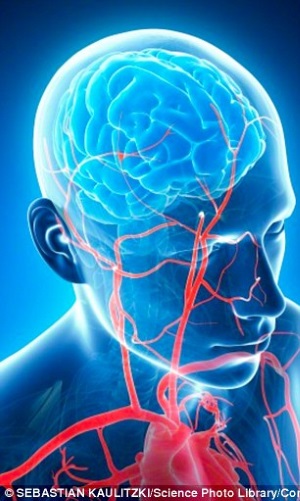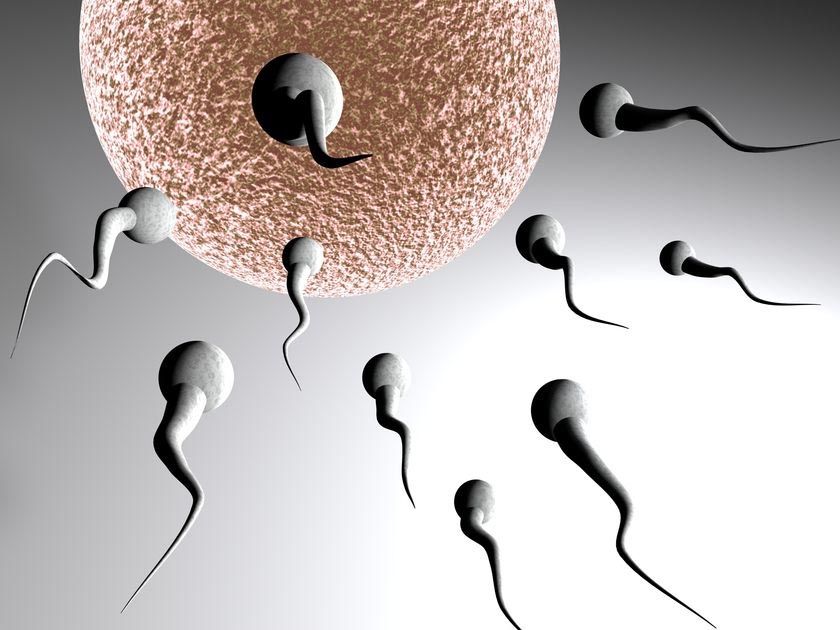New Insight into What Triggers Autism
Autism has previously been linked to a person's neurological make-up. But now, a new study has revealed the condition may be caused by the vascular system triggering changes to a person's neurological function. Scientists from New York University determined that evidence of autism can be found in the brain's blood vessels. The researchers found people with with condition have unstable blood vessels, which disrupt the flow of blood to the brain. That can lead to limited neurological function, according to Dr Efrain Azmita, lead author of the study and a professor of biology at NYU. The findings shed new light on the cause of autism – and identify a new target for potential therapeutic intervention. Dr Azmita said: ‘In a typical brain, blood vessels are stable, thereby ensuring a stable distribution of blood. ‘Whereas in the autism brain, the cellular structure of blood vessels continually fluctuates, which results in circulation that is fluctuating and, ultimately, neurologically limiting.’
Researchers examined human postmortem brain tissue in the study. Some of the tissue came from normal brains, while others came from those with an autism diagnosis. The scientists were blind to the nature of the tissue – unaware if it had autism or not – during the microscopic analysis. The examinations uncovered angiogenesis – the creation of new blood vessels – in the autistic brain tissue. Angiogenesis was not found in the typical brains. The distinction is significant because angiogenesis indicates that the vessels are repeatedly being formed and in constant flux. That state of flux underscores an instability in the blood’s delivery mechanism. Researchers also found that the autistic brains had increased levels of proteins nestin and CD34 – which are molecular markers of angiogenesis. Dr Azmita said: ‘It’s clear that there are changes in brain vascularization in autistic individuals from two to 20 years that are not seen in normally developing individuals past the age of two years. ‘Now we know this, we have new ways of looking at the disorder and, hopefully with this new knowledge, novel and more effective ways to address it.’ The study was published in the Journal of Autism and Developmental Disorders. Written By Lisa Ryan Retrieved From:
|
|


















